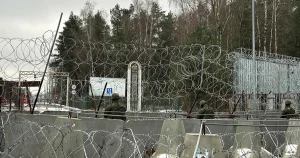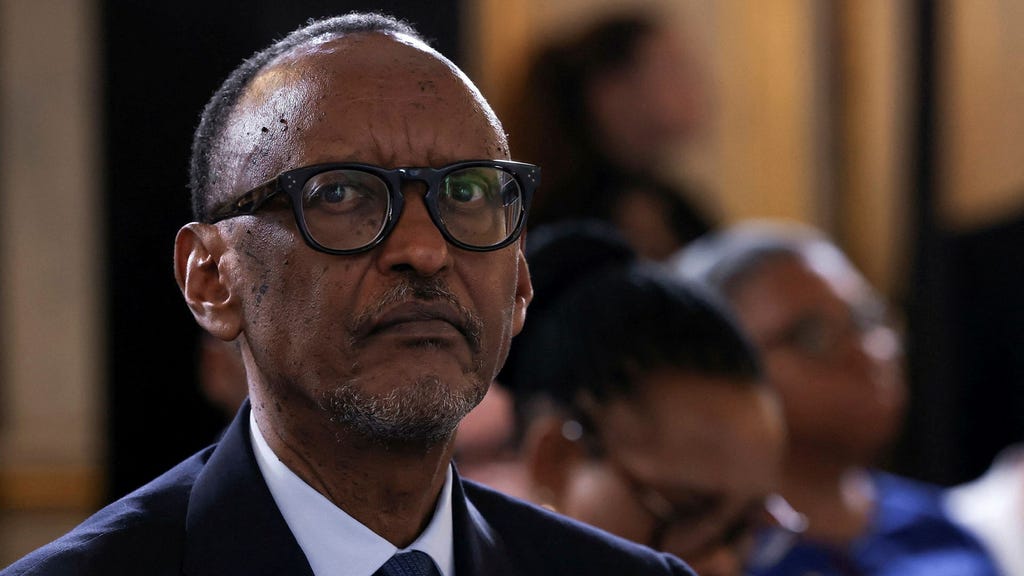The absence of a Formula 1 Grand Prix on African soil since 1993 has left a significant void in the global motorsport landscape. For nearly three decades, the roar of F1 engines has been absent from the diverse and vibrant continent, depriving millions of passionate fans the opportunity to experience the thrill of live racing and potentially stifling the development of local motorsport talent. The return of F1 to Africa is not merely a sporting aspiration; it represents a powerful symbol of inclusion, recognizing the continent’s growing economic influence and its potential to contribute richly to the sport’s global tapestry. Various efforts are underway to rectify this absence, with several potential venues across Africa vying to host a future Grand Prix. The successful staging of an African Grand Prix would offer a multitude of benefits, both for the sport and for the host nation, including economic growth, job creation, and the inspiration of a new generation of motorsport enthusiasts.
The Kyalami Grand Prix Circuit in South Africa, which hosted the last African Grand Prix in 1993, stands as a strong contender for a renewed F1 presence. Having undergone significant renovations and upgrades, Kyalami meets the stringent safety and technical requirements demanded by modern Formula 1. Its rich history, coupled with its location near Johannesburg, a major economic hub, makes it a logistically attractive option. Beyond Kyalami, other potential venues are emerging across the continent, reflecting a growing interest in hosting a Grand Prix. These include potential street circuits in Marrakech, Morocco, and the coastal city of Durban in South Africa. Each potential venue offers unique characteristics, from the exotic backdrop of Marrakech’s bustling medina to the scenic beauty of Durban’s beachfront. The diversity of these locations underscores Africa’s vast potential to offer a unique and compelling Grand Prix experience.
The economic benefits of hosting a Formula 1 Grand Prix are substantial and far-reaching. A Grand Prix weekend injects millions of dollars into the local economy through tourism, hospitality, and associated industries. The influx of teams, media, and spectators generates significant revenue for hotels, restaurants, and transportation services, creating temporary and permanent employment opportunities. Furthermore, the global media exposure associated with hosting a Grand Prix elevates the host city and nation onto the international stage, promoting tourism and investment opportunities. This increased visibility can lead to sustained economic growth beyond the immediate impact of the race weekend itself. The development of motorsport infrastructure, such as the circuit itself and associated facilities, also provides a lasting legacy for the host nation, contributing to the overall development of the local motorsport industry.
Beyond the economic advantages, the social and cultural impact of an African Grand Prix is equally significant. The return of F1 to Africa would bring the excitement and glamour of the sport to a new generation of fans, inspiring young people to pursue careers in motorsport, engineering, and related fields. It would also provide a platform to showcase African culture and heritage to a global audience, fostering cross-cultural understanding and promoting positive international relations. The presence of an African team or driver on the grid would further amplify this impact, serving as powerful role models for aspiring young Africans and symbolizing the continent’s growing presence in the world of motorsport. The event could also serve as a catalyst for social development programs, leveraging the power of sport to address social issues and promote positive change within the local community.
However, bringing Formula 1 back to Africa also presents significant challenges. The cost of hosting a Grand Prix is substantial, requiring significant investment in infrastructure, logistics, and marketing. Securing the necessary funding and government support can be a complex and lengthy process. Furthermore, ensuring the event is sustainable and environmentally responsible is crucial. Organizers must prioritize minimizing the environmental impact of the race weekend, adopting sustainable practices and promoting environmental awareness. Addressing issues such as traffic congestion, waste management, and carbon emissions is essential to ensure the long-term viability and positive impact of the event. Collaboration with local communities and stakeholders is vital to ensure the Grand Prix benefits all segments of society and avoids negative consequences.
The prospect of an African Grand Prix returning to the Formula 1 calendar is an exciting and promising development. It represents an opportunity to expand the sport’s global reach, tap into a vast and passionate fan base, and contribute to the economic and social development of a host nation. While challenges remain, the potential rewards are significant. By carefully considering the economic, social, and environmental aspects of hosting a Grand Prix, and by working collaboratively with all stakeholders, Formula 1 can ensure a successful and sustainable return to the African continent, leaving a positive and lasting legacy for generations to come. The revival of an African Grand Prix would not only enrich the sport but also serve as a powerful symbol of inclusion and progress, reaffirming the global and unifying nature of Formula 1.














